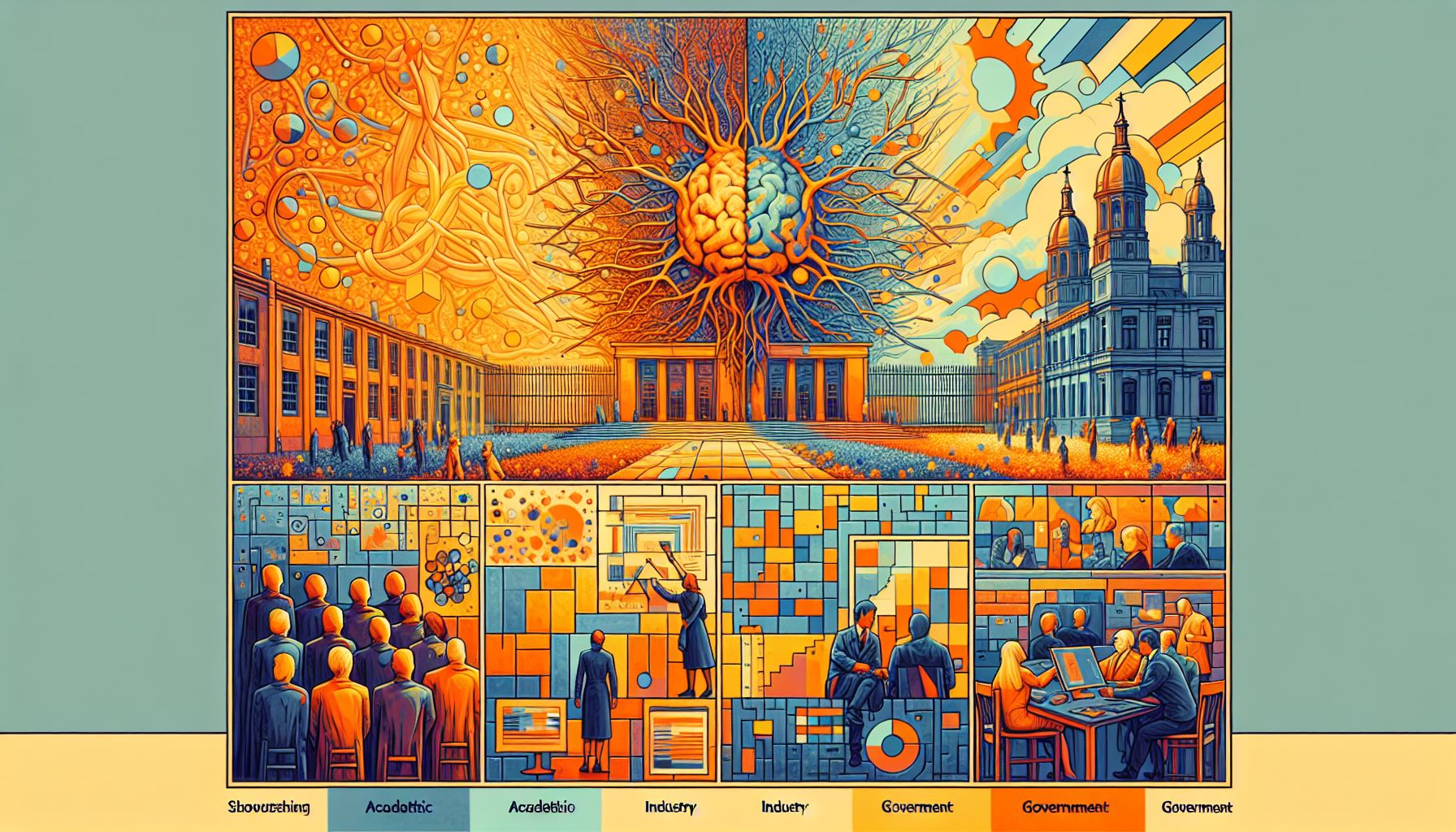Netherlands and UK Collaborate to Advance Neuromorphic Computing

Amsterdam, Thursday, 10 April 2025.
Recent bilateral efforts between Dutch and UK stakeholders focus on fostering innovation in neuromorphic computing, featuring collaboration across academia, industry, and government sectors.
Breakthrough in Brain-Inspired Computing
A groundbreaking collaboration between Dutch and British institutions is advancing neuromorphic computing technology that could revolutionize energy efficiency in artificial intelligence. The University of Twente’s research indicates that this brain-inspired computing approach is approximately one million times more energy-efficient than current computer systems [3]. The initiative gained momentum through a four-day Innovation Mission from April 5-8, 2025, bringing together key stakeholders from both nations [1].
Commercial Applications and Energy Impact
The urgency of this research becomes clear as predictions suggest computational power could consume the world’s entire energy production by 2042 if current trends continue [3]. In response, researchers at the University of Twente have developed new molecular materials that can mimic synaptic switching, with commercialization expected within two to three years [3]. This development comes alongside the recent appointment of Intralink by Innatera, a Dutch neuromorphic computing solutions provider based in Rijswijk, demonstrating the growing commercial viability of this technology [6].
Cross-Border Research Initiatives
The collaboration has already yielded significant results, particularly through engagement with the University of Cambridge and its spinout companies like NanoPrint Innovations Limited and Paragraf [1]. Led by Professor Christian Nijhuis and Professor Wilfred van der Wiel at the University of Twente, the research focuses on specialized applications where neuromorphic computing excels, such as speech and face recognition [3]. The technology shows particular promise in data pre-processing applications, where energy efficiency is crucial [3].
Future Prospects and International Expansion
The initiative is gaining international momentum, with companies like Innatera expanding into Asian markets as of April 8, 2025 [6]. Additionally, research collaboration is extending through programs such as the Quantum Delta NL Visitors Programme, which supports international partnerships in advanced computing technologies [7]. These developments suggest a growing global recognition of neuromorphic computing’s potential to address critical challenges in energy-efficient artificial intelligence [1][3].
Bronnen
- www.netherlandsandyou.nl
- www.linkedin.com
- globalventuring.com
- www.tue.nl
- arxiv.org
- www.eejournal.com
- nithecs.ac.za

